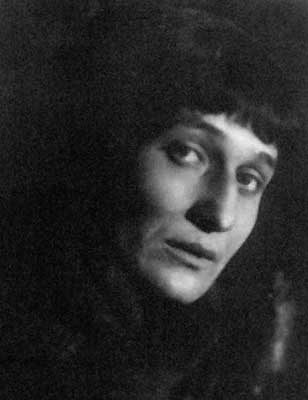The highest good is not to seek to do good,
but to allow yourself to become it.
The ordinary person seeks to do good things,
and finds that they can not do them continually.
The Master does not force virtue on others,
thus she is able to accomplish her task.
The ordinary person who uses force,
will find that they accomplish nothing.
The kind person acts from the heart,
and accomplishes a multitude of things.
The righteous person acts out of pity,
yet leaves many things undone.
The moral person will act out of duty,
and when no one will respond
will roll up his sleeves and use force.
When the Tao is forgotten, there is righteousness.
When righteousness is forgotten, there is morality.
When morality is forgotten, there is the law.
The law is the husk of faith,
and trust is the beginning of chaos.
Our basic understandings are not from the Tao
because they come from the depths of our misunderstanding.
The master abides in the fruit and not in the husk.
She dwells in the Tao,
and not with the things that hide it.
This is how she increases in wisdom.
~ Lao Tzu
from the Tao Te Ching
translation by j.h.mcdonald



















.jpg)












